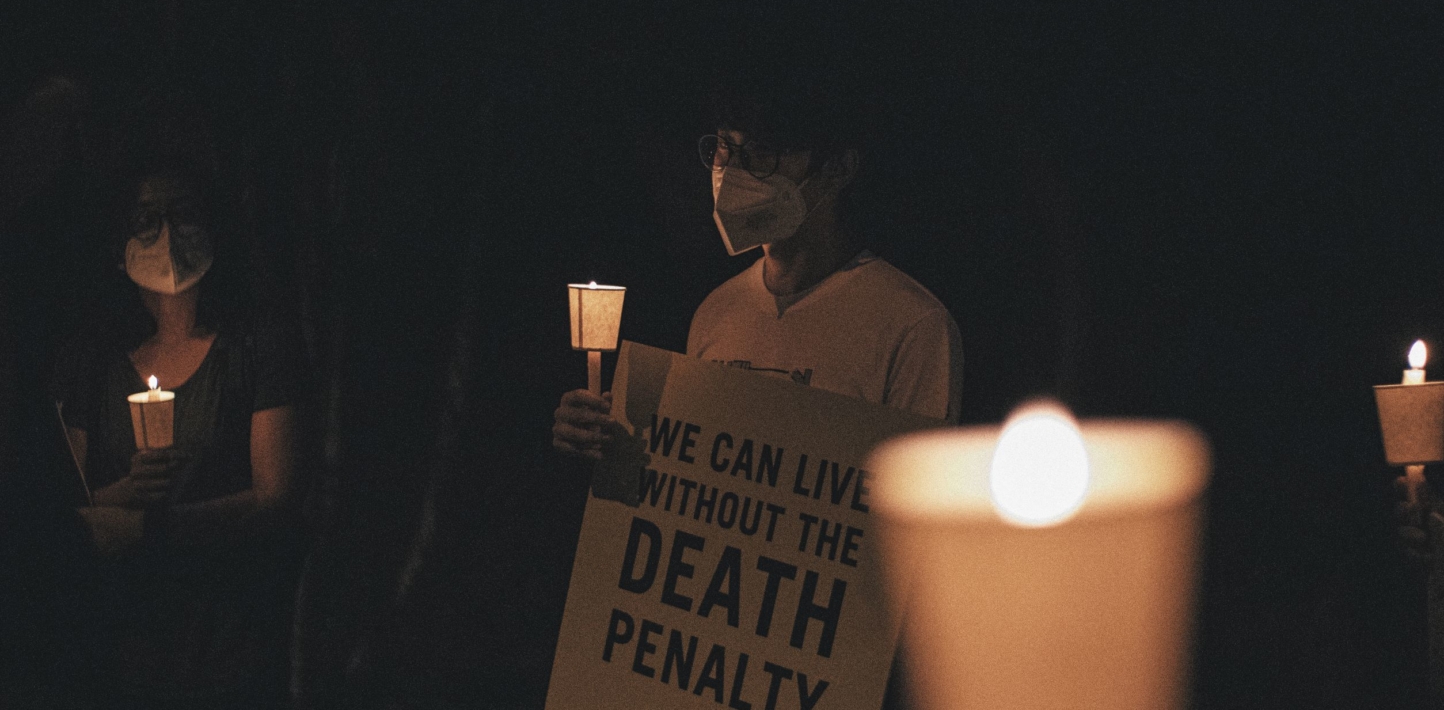MEDIA STATEMENT
21 FEBRUARY 2022
The time to abolish the death penalty is now
The Malaysian government should seize the opportunity of the announced reforms to abolish the death penalty once and for all, Amnesty International Malaysia said at a press conference today.
The organisation welcomes the announcement by Law Minister Wan Junaidi Tuanku Jaafar that the government will be reviewing the findings of the Special Committee to Review Alternative Sentences to the Mandatory Death Penalty and consider reforms on the death penalty laws of Malaysia.
In January, after he was briefed by the special committee chaired by former Chief Justice Tun Richard Malanjum, the minister stated that the Cabinet will be looking into the proposals made and come to a decision after. The final Cabinet meeting of February is scheduled to be held on Wednesday, 23 February.
“The government’s review of the Special Committee findings represents an important opportunity not to be missed,” said Katrina Jorene Maliamauv, Executive Director of Amnesty International Malaysia. “Systemic flaws have made the use of the death penalty in Malaysia arbitrary and discriminatory. We strongly urge the government to comply with its obligation to protect human rights and commit to full abolition of the death penalty. It is high time the authorities took bold steps to end Malaysia’s use of the death penalty.”
Amnesty International has sent a submission to the government highlighting key reasons why it must proceed with abolition. Malaysia’s laws, policies and practices on the death penalty violate international law and standards. The death penalty has been imposed after violations of the right to a fair trial and as mandatory punishment; and that those from disadvantaged socio-economic backgrounds and ethnic minorities are overrepresented, among others.
Members of the public are also invited to show their support for abolition by tagging Prime Minister Ismail Sabri and Law Minister Wan Junaidi on social media using the hashtags #AbolishTheDeathPenalty #MansuhkanHukumanMati.
“The continued use of the death penalty is a stain on our country. It does not have a unique deterrent effect on crime, it does not address the risks and harms of using drugs and only distracts public attention and resources from the much-needed, evidence-based solutions that could be more effective in tackling these issues at the root causes. The death penalty does not make us safer,” said Katrina.
“The burden of the death penalty in Malaysia falls on people from disadvantaged backgrounds, foreign nationals, women and ethnic minorities, who are overrepresented on death row. We have all seen the cruelty of the death penalty on those facing it and their families, whether in the case of 55-year-old single mother Hairun Jalmani, who was sentenced to death for drug trafficking or the case of Nagaenthran, the Malaysian with an intellectual disability who is facing execution in Singapore. The public has also been supportive of people on death row being given second chances—Amnesty’s global campaign for Hoo Yew Wah, who has been on death row for over a decade for a drug offence, received more than 100,000 letters and signatures of support.”
An official moratorium on executions has been in place in Malaysia since July 2018. As of today, 108 countries, or more than half of all countries globally have abolished the death penalty for all crimes, while 144 have stopped the use of the penalty either in law or in practice. Malaysia, which voted in favour of two United Nations General Assembly resolutions calling on states to establish a moratorium on executions in 2020, is part of a shrinking minority of countries that still retain this cruel, inhuman and degrading punishment. Despite the moratorium, individuals are still being sentenced to death. According to government figures, as of November 2021, 1,359 people were on death row.
“As Malaysia took its seat on the UN Human Rights Council last month, the eyes of the international community have turned to our country and its human rights record. The Government has an important opportunity to progress towards full protection of the right to life and abolition of the death penalty. Such human rights leadership will resonate among other countries in ASEAN and the Asia-Pacific region more broadly,” said Katrina. “The time to abolish is now. We call on the government to immediately act to end this cruel and inhuman punishment from our law books once and for all.”
Background
Formed in September 2019, the Special Committee to Review Alternative Sentences to the Mandatory Death Penalty, which comprised of legal, criminal and human rights experts, solicited views from various stakeholders across the country, including the police, civil society, members of parliament and members of the public. It submitted its findings and proposals to the government in February 2020 but multiple changes in government have stalled progress.
For further inquiries, please contact [email protected]


